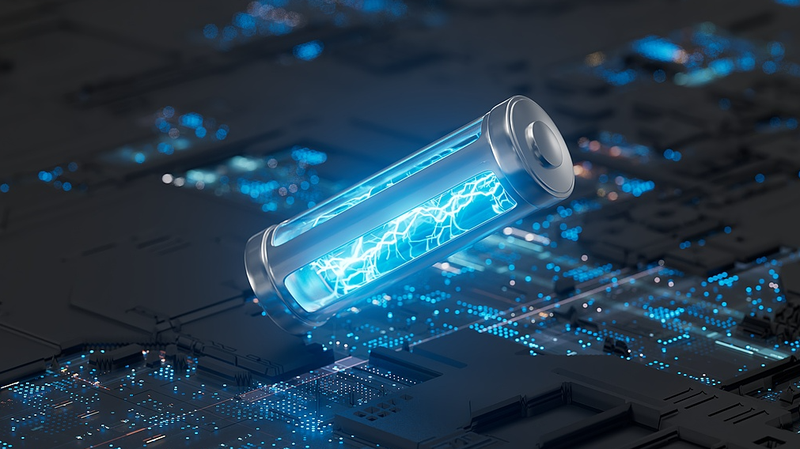In a major stride for next-gen energy storage, a global research team has identified a new family of ultrastable two-dimensional topological telluride materials that could supercharge battery performance and longevity.
Combining advanced theoretical modeling with first-principles calculations, scientists pinpointed three compoundsHfTiTe4, ZrTiTe4 and HfZrTe4as promising candidates for both anodes and sulfur cathode hosts. Their ultrathin layers promise:
- Fast-charging capability
- High stability at temperatures up to 2270C
- Exceptional thermal endurance for demanding cycles
"Our results show that two-dimensional telluride monolayers have immense potential to power next-generation batteries that charge faster, have higher specific capacity, and last longer," says Ji Kemeng of Tianjin University in the Chinese mainland.
Published earlier this year in Advanced Science, the study reflects collaboration across institutions on the Chinese mainlandincluding Shanghai Jiao Tong University, Zhejiang University, Guangdong Technion-Israel Institute of Technology and Shenzhen Technology Universityas well as partners at the University of Sao Paulo and the University of California, Irvine.
This breakthrough underscores how cross-border teamwork and computational power are accelerating sustainable tech innovations. Potential applications range from electric vehicles and industrial-scale energy systems to portable electronics and heavy-duty equipment.
Looking ahead, researchers plan to validate these predictions in lab-scale cells, paving the way for lighter power banks, faster EV charging stops and greener energy grids around the world.
Reference(s):
Scientists predict ultrastable 2D materials for better batteries
cgtn.com




